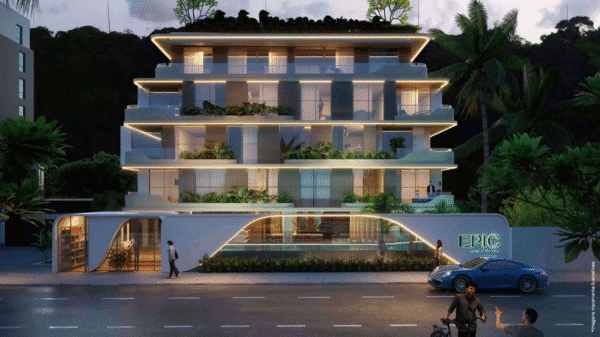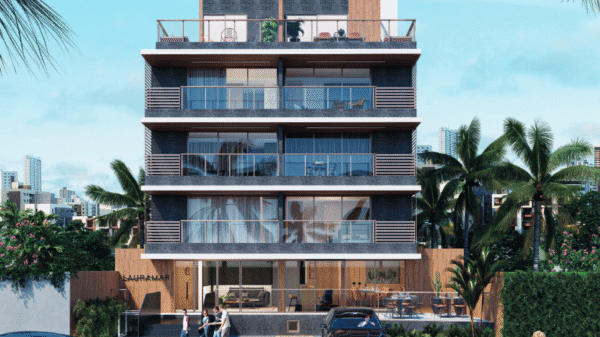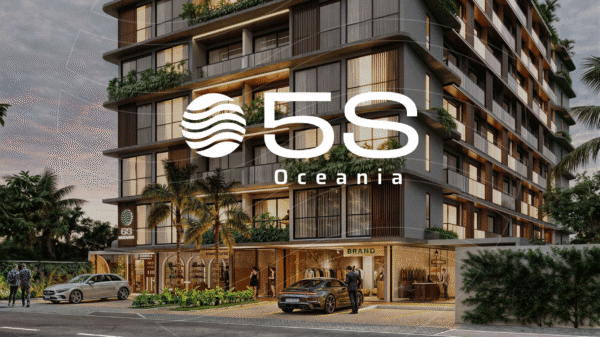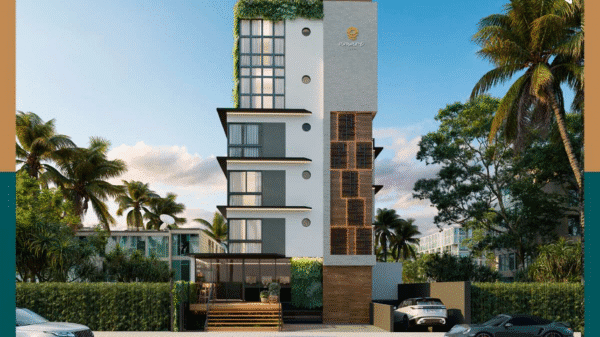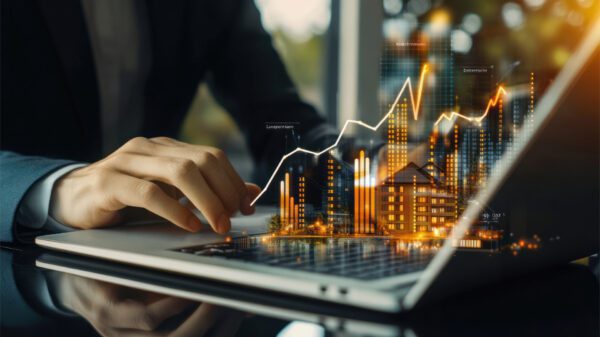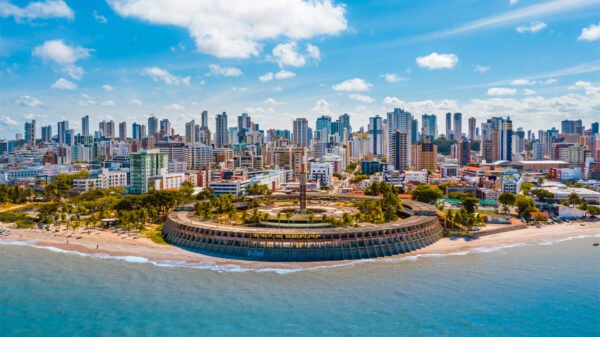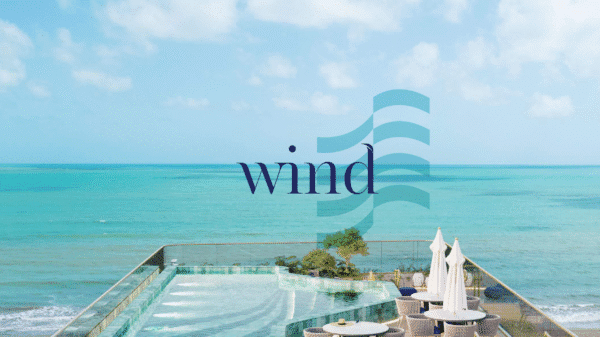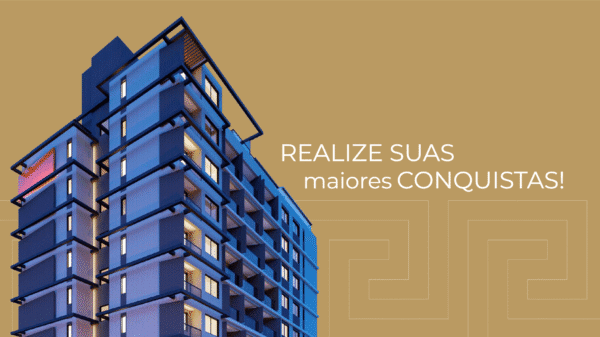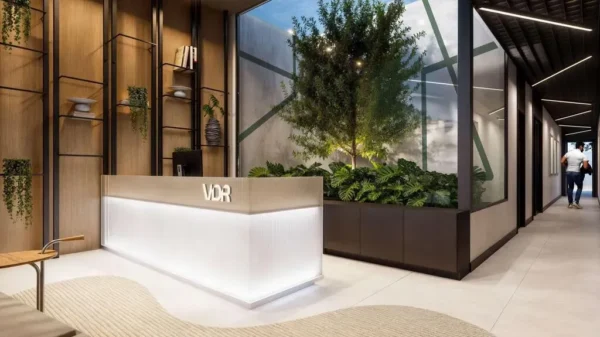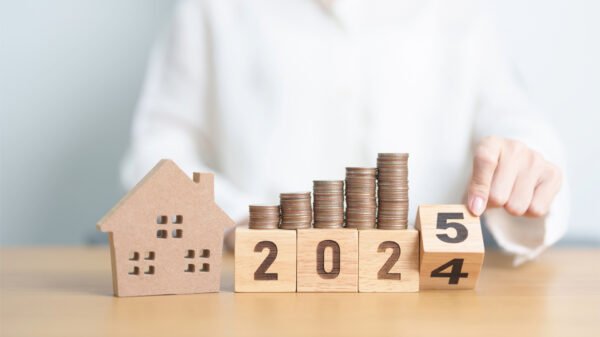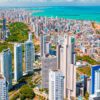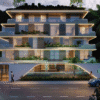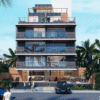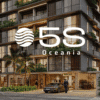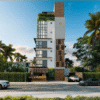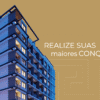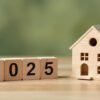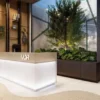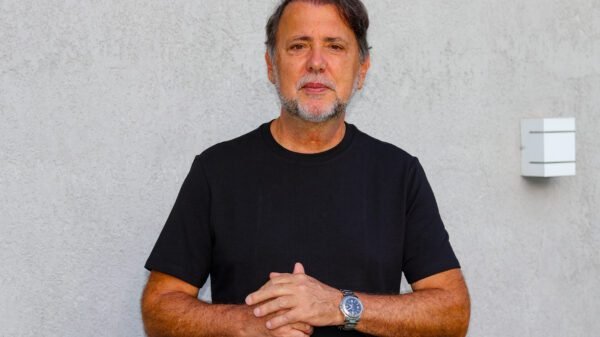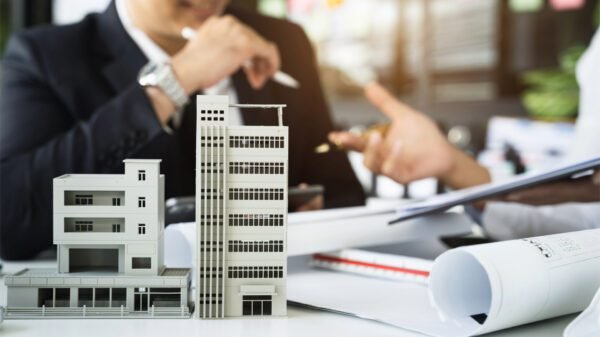Building your dream home is an exciting journey, but understanding the costs involved, especially for a high-end home, can be challenging.
In this article, we explore the factors that define a home's standard and how they impact budgets. Based on detailed information from 2025, you'll gain a clear understanding of the investment required for different standard levels, helping you plan your construction project wisely.
What Defines the Standard of a Home?
The standard of a house is determined by three main criteria: visible elements (finishes), installed systems and amplitude of spaces.
Each of these aspects contributes to the overall cost and perceived sophistication of the building. We'll detail each criterion, with practical examples and cost estimates, so you can make informed decisions.
1. Visible Elements (Finishes)
Finishes are the elements you see and touch daily, such as cladding, metalwork, marble, and window frames. They have a significant aesthetic impact and can vary greatly in price, depending on the quality and design chosen.
Coatings
Coverings, such as flooring, tiles, and paint, are the “shell” of your home. They can cost R$70 to R$800 per square meter, depending on the material. For example:
- Basic ceramic flooring costs around R$70/m².
- High-quality porcelain tiles or natural stones, such as travertine, can reach R$800/m².
- In a swimming pool, the use of stones such as soapstone or hijau can raise the standard, but also the cost.
Metals
Faucets, registers, and other metal accessories also influence the pattern. For a home with 500 m², the cost of metals can vary:
- Basic line: Approximately R$35,000, using quality brands but with simple design.
- Sophisticated line: Around R$50,000, with taps with a different design, such as those with spout operation, without traditional handles.
Marble works
Countertops, such as those in kitchens and bathrooms, are another crucial consideration. Prices vary widely:
- Basic granite: Costs around R$300/m², but may have a less uniform appearance due to striped patterns.
- Synthetic materials or quartzites: They can cost up to R$1,000/m², offering more homogeneous and sophisticated finishes.
Frames
Windows and doors also set the standard:
- Low standard: Simple metal frames, purchased from warehouses.
- Average standard: Blindex frames, which offer greater transparency and aesthetics.
- High standard: Customized aluminum frames, more robust and elegant.
Choosing these materials not only raises the aesthetic standard, but also significantly impacts the budget.
For example, opting for R$800/m² coverings instead of R$70/m² in a 300 m² house can increase the cost by more than R$200,000 on the floors alone.
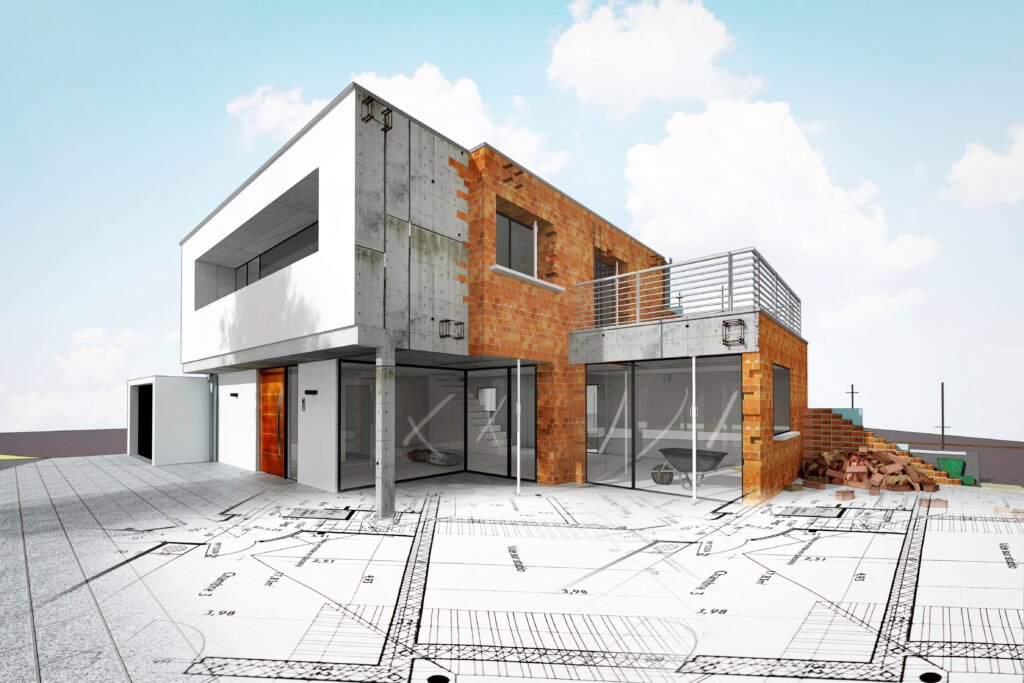
2. Installed Systems
In addition to the finishes, the systems installed in a high-end home provide comfort, functionality, and energy efficiency. These systems can include air conditioning, hydraulic pressurization, automation, internet, solar heating, and photovoltaic energy.
Air conditioning
Preparing your home for air conditioning is a smart decision, even if you don't install the units right away. The cost of getting the infrastructure ready is low:
- Cost per point: Approximately R$600, including copper piping and electrical boxes.
- Benefit: Avoids future renovations, which can be expensive and disruptive.
For a house with multiple bedrooms and living rooms, getting the infrastructure ready can cost a few thousand reais, but it's an investment that adds value and practicality.
Hydraulic Pressurization
A pressurization system ensures good water pressure in showers and faucets, providing a bathing experience similar to that of a luxury hotel. The estimated cost is:
- About R$15,000 for a house, depending on the size and complexity of the project.
- Benefit: Improves comfort, especially with sophisticated faucets that require higher pressure.
Internet and Automation
A high-end home typically includes:
- Robust internet system: A single Wi-Fi signal for the whole home, instead of multiple weak spots.
- Automation: Systems for controlling electric curtains, lighting, audio and video, which raise the standard but require additional investment.
Solar heating
A solar hot water heating system costs about R$12,000. It stores heated water in a boiler, ensuring:
- Hot water directly from taps and showers.
- Greater pressure in the shower, as the water does not depend on electrical resistance.
Photovoltaic Energy
Installing solar panels to generate electricity is an investment that practically eliminates your energy bill:
- Cost: Approximately R$25,000 for a 500 m² house.
- Benefit: Significant savings in the long term, with a financial return comparable to an investment that generates R$500 to R$600 per month.
These systems not only enhance the standard of the home, but also offer practical and economic benefits, justifying the initial investment.
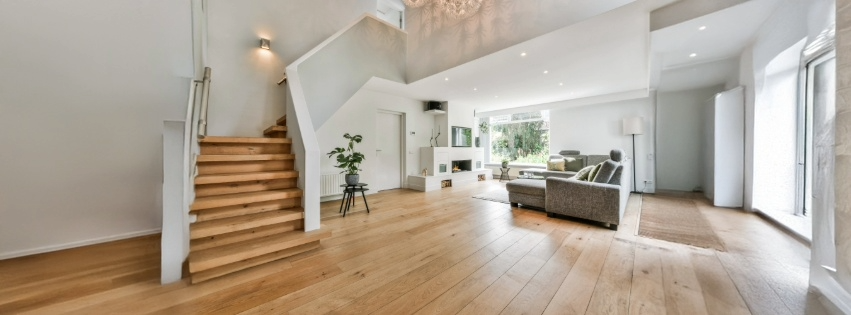
3. Amplitude of Spaces
The layout of a home, especially the integration and spaciousness of its spaces, is a determining factor in achieving high standards. Homes with open spaces, without excessive partitions, convey sophistication but require more complex structural solutions.
Environment Integration
High-end homes avoid compartmentalized spaces, such as kitchens separated from the living room or separate laundry areas. Instead, they feature:
- Large free spans: For example, a 100 m² room with only one central column, often round for greater discretion.
- Glazed environments: Large windows that integrate interior and exterior.
This integration requires advanced construction systems, such as metal beams combined with concrete, which increase the cost:
- Additional steel cost: Around R$100 per m² more compared to a compartmentalized house.
- Practical example: For a 300 m² house, the more open structure can cost an extra R$30,000 in steel alone, plus additional costs for concrete and formwork, totaling around R$60,000 to R$70,000.
This structural approach not only raises the standard, but also creates more spacious and comfortable environments, valued in the market.
Cost per Square Meter for Different Standards
Based on the above criteria, costs per square meter vary depending on the construction standard. The table below summarizes the estimates:
| Standard | Cost per m² (R$) | Features |
|---|---|---|
| Low | ~2.500 | Basic finishes (e.g.: simple ceramic, smooth plaster), minimal systems, compartmentalized environments. |
| Average | 4.000 – 4.500 | Quality finishes (e.g. porcelain, glass), some systems installed, partially integrated environments. |
| High | From 6,000 | Luxury finishes (e.g. quartzite, aluminum frames), multiple systems, spacious and integrated spaces. |
| Note: These values are estimates based on data from January 2025 and do not include land costs. Prices may vary depending on location, specific project, and material choices. | ||
Comparison with Official Indexes
To contextualize, the Basic Unit Cost (CUB) of João Pessoa, calculated by SindusCon-JP, indicates that, in June 2025, the cost for a standard multi-family residence (R8-N) is approximately R$1,665.24/m².
For high-end (such as project R1-A, single-family home), costs are significantly higher due to the finishes and systems mentioned: approximately R$2,406.31/m².

While specific data for the high-end in 2025 is limited, the paper's estimates (R$6,000/m² or higher) are in line with luxury projects, considering the additional materials and systems.
Conclusion
Building a high-end home in 2025 requires careful planning and an understanding of the factors that influence cost.
Quality finishes, advanced systems, and an integrated layout are essential to achieving the desired standard, but each choice impacts the budget.
With costs starting at R$6,000 per square meter, it is essential to align your priorities with the available investment.
High standard is not about luxury, it is about appreciation.
If 2025 is your year to build, I'll show you how to choose the right land, in the right location, with the right profitability projection.
📩 Get in touch and receive a free strategic analysis. Because those who build smart, profit consistently.
Carlos Meira
Real Estate Agent in João Pessoa – CRECI 16230
Carlos Meira is a real estate broker in João Pessoa (CRECI-PB 16230). He holds a degree in business administration, postgraduate degrees, and specializations. He served as a federal civil servant for 30 years, holding key management positions. As a real estate investor, Carlos has experience in direct property acquisitions, property financing, and auction acquisitions.



